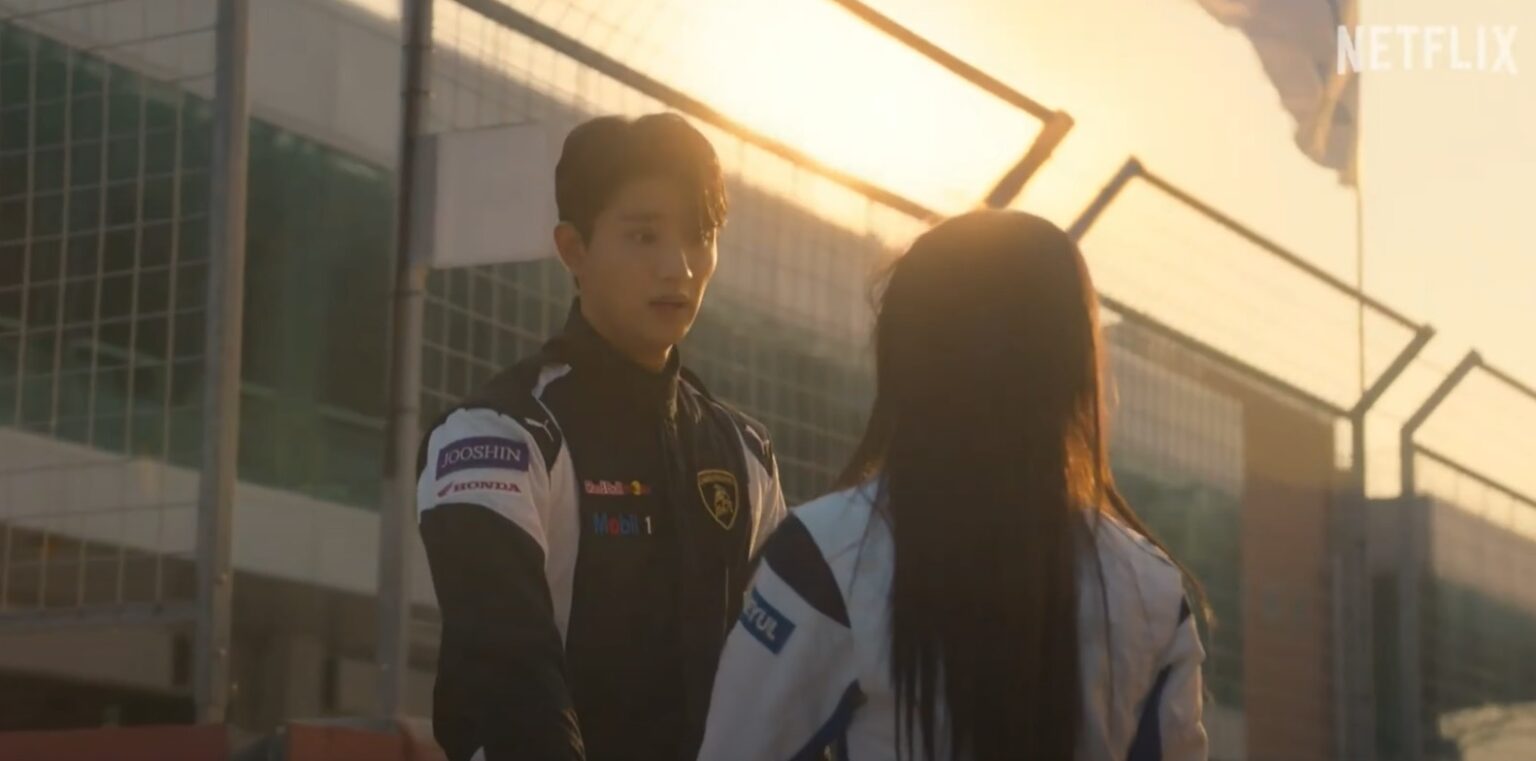K-Dramas have a way of pulling viewers into their intricate web of storytelling, and Hierarchy is no exception. From its captivating cast to its dramatic twists, this series is a wild ride through power, ambition, and the complexities of human nature. It’s the Korean version of Elite, bringing its own cultural twist to the high-stakes world of the ultra-rich and the underprivileged scholarship students who dare to enter their realm.
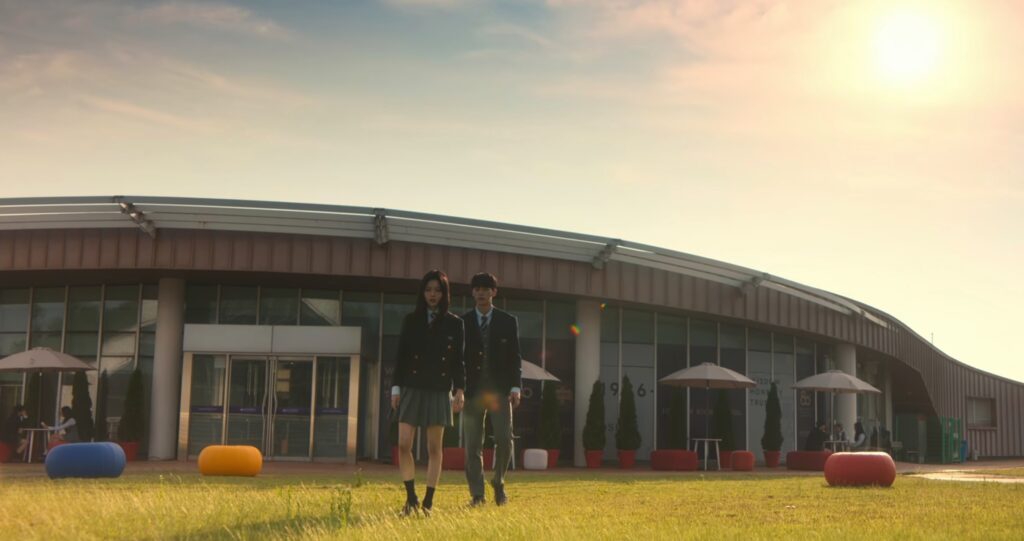
A Stellar Cast That Shines Bright
One of the standout aspects of Hierarchy is its stellar cast. Lee Chae-min, in his first major role, delivers a performance that keeps you hooked. It’s clear he’s ready to dominate the K-Drama scene. His chemistry with Roh Jeong-eui is undeniable, making every scene between them electrifying. Roh, who’s already proven her acting chops in past dramas, once again shows why she’s a rising star. Together, they bring to life a complex relationship that keeps you guessing.
Fans were thrilled to see the reunion of My Perfect Stranger cast members Lee Won-jung and Ji Hye-won. Their dynamic adds layers of intrigue to the storyline. Ji Hye-won, in particular, plays her role with such intensity that she steals every scene she’s in. She’s easily one of the most compelling villains, a character you love to hate.
The Plot: A Rollercoaster of Emotions
The storyline of Hierarchy blends the glitz and glam of the elite with the dark underbelly of high society. The plot centers around scholarship students who infiltrate a prestigious school dominated by the wealthy. It explores the stark contrast between their humble backgrounds and the extravagant lives of their peers. Think of it as Sky Castle meets Elite with a dash of Penthouse thrown in.
From the first episode, Hierarchy sets a dramatic tone with lavish parties, backstabbing, and shocking secrets. The tension builds as the main characters navigate a world where power and influence reign supreme. The show doesn’t shy away from tackling heavy themes like bullying, societal pressure, and the lengths people will go to protect their secrets.
However, not everyone is sold on the plot. Some viewers have pointed out that while the initial episodes are gripping, the story loses steam as it progresses. The pacing issues become apparent, especially when crucial plot points feel rushed or underdeveloped. By the time the finale rolls around, some viewers are left wanting more depth and resolution.
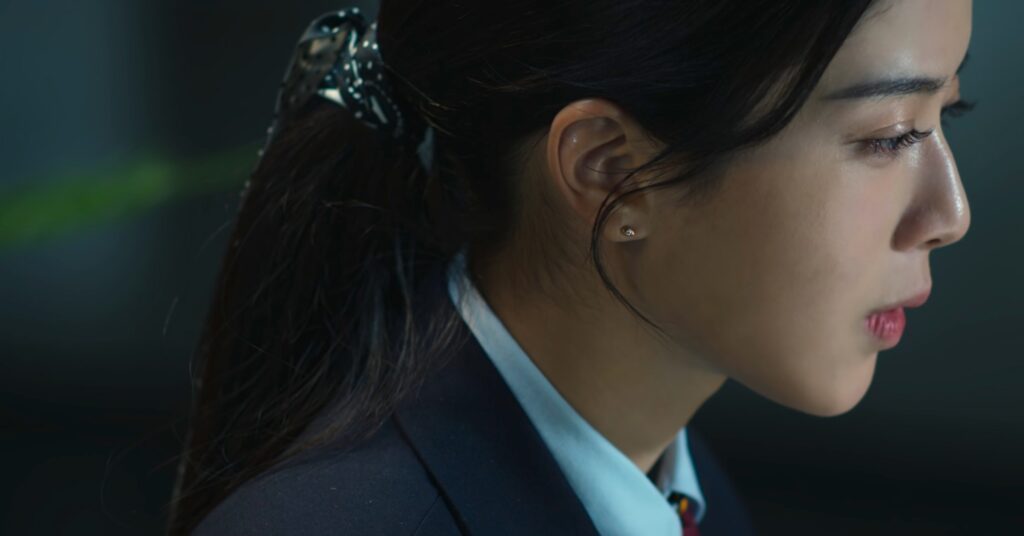
A Love-Hate Relationship with the Characters
One of the most polarizing aspects of Hierarchy is its characters. On one hand, you have characters like Kang Ha, played by Lee Chae-min, who bring a sense of determination and grit. His quest for justice and truth after the death of his brother is the emotional backbone of the series. Yet, his character development leaves some viewers frustrated. His decisions often feel inconsistent, leading to moments where his actions don’t align with his motivations.
Then there’s Jung Jai-yi, a character who evokes mixed reactions. Initially portrayed as a victim of her privileged upbringing, she struggles to find her own identity. Her journey is compelling but also infuriating at times. Some fans hoped for more significant character growth, especially after witnessing her toxic relationship with a known bully. Her arc leaves viewers questioning whether she truly breaks free from her oppressive environment.
The antagonists in Hierarchy are as despicable as they come. From manipulative bullies to ruthless social climbers, they embody the worst traits of the elite. Yet, the show attempts to humanize them toward the end, a move that doesn’t sit well with everyone. After episodes of tormenting the less fortunate, their sudden redemption feels unearned.
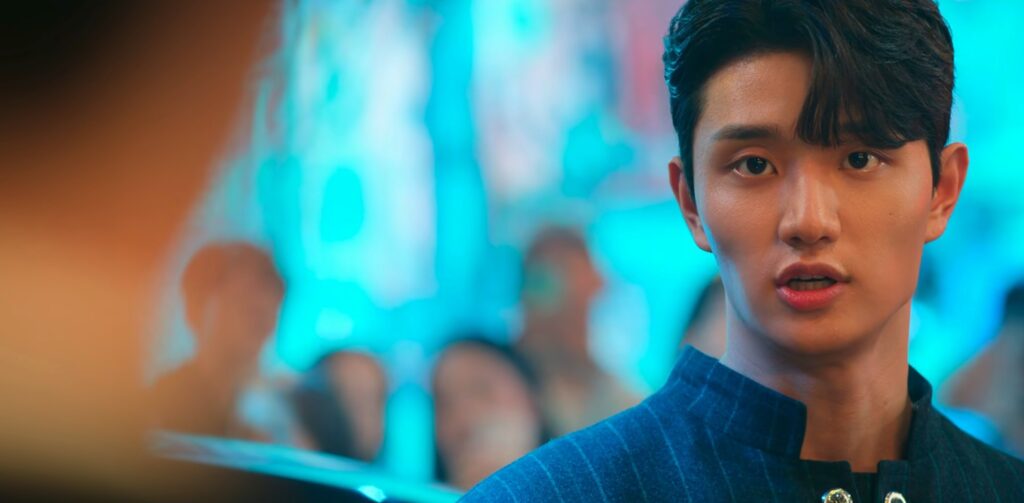
Themes of Power and Privilege
At its core, Hierarchy is a commentary on the imbalance of power and privilege. The show dives deep into the lives of the elite, exposing their moral corruption and the consequences of their unchecked power. It’s a stark reminder of the harsh realities faced by those at the bottom of the social hierarchy.
The series also touches on the psychological toll of living in such a cutthroat environment. Characters grapple with intense pressure to maintain their status, leading to moments of vulnerability and desperation. The show’s exploration of these themes is one of its strengths, providing a glimpse into the emotional struggles of its characters.
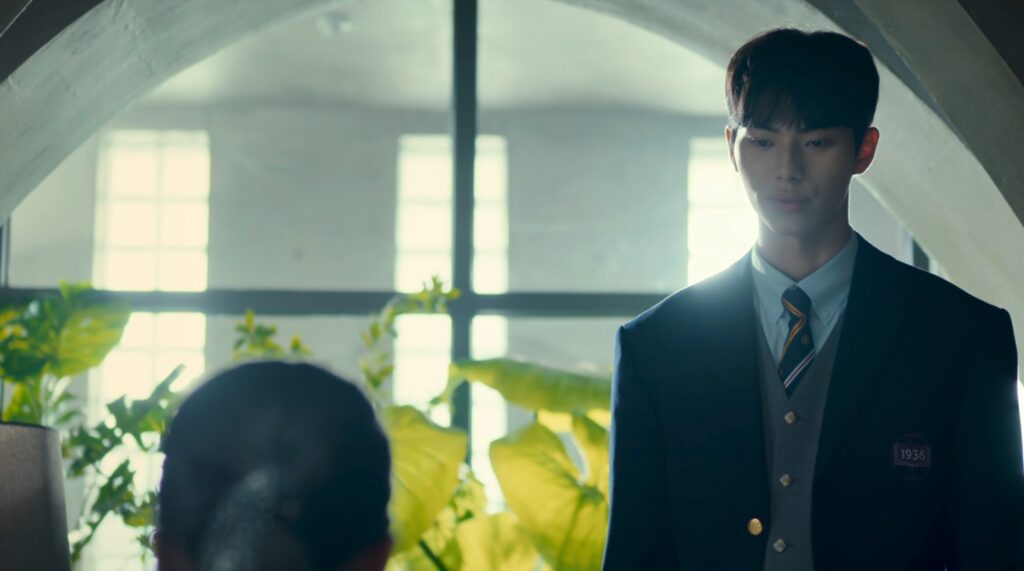
A Visual and Auditory Treat
Visually, Hierarchy is stunning. The luxurious sets, impeccable costume design, and atmospheric cinematography immerse viewers in the world of the elite. Every scene is meticulously crafted, from the opulent school halls to the extravagant parties. The aesthetic alone is enough to keep viewers glued to their screens.
The soundtrack is another highlight, with tracks that perfectly capture the mood of the series. Fans couldn’t stop raving about Dokyeom’s soothing vocals, which elevate emotional moments. The OST becomes an integral part of the storytelling, adding depth to the characters’ experiences.
The Comparisons to Elite
It’s impossible to talk about Hierarchy without mentioning its similarities to Elite. Both shows share a similar premise: a group of underprivileged students navigating life in an exclusive school for the wealthy. The lavish lifestyle, scandalous secrets, and murder mystery plotlines draw obvious parallels.
However, Hierarchy brings its own cultural flavor, setting it apart from its Spanish counterpart. It incorporates Korean societal nuances, adding layers of complexity to the narrative. For viewers who enjoyed Elite but crave a fresh perspective, Hierarchy delivers just that.
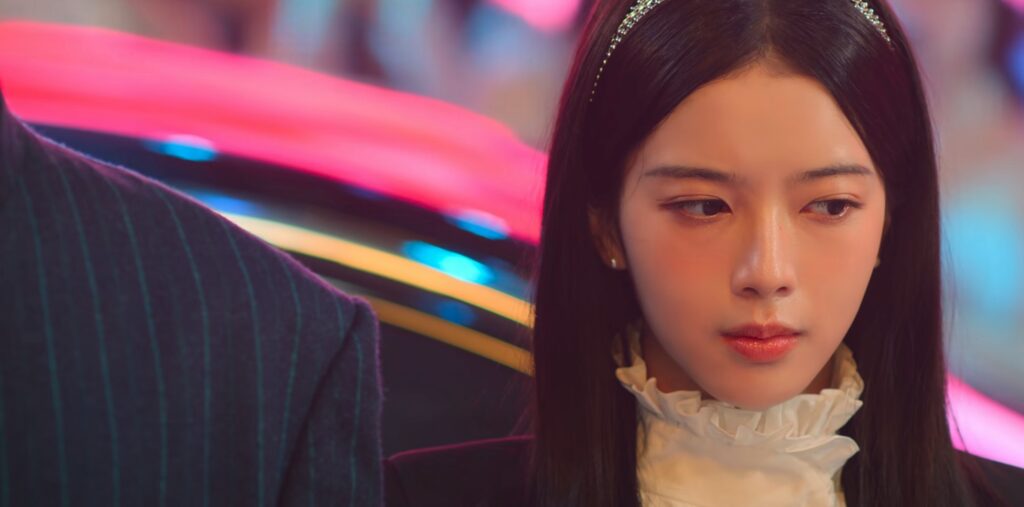
The Verdict
Hierarchy is a bold addition to the K-Drama landscape. While it’s not without its flaws, the series offers an engaging mix of drama, suspense, and social commentary. The cast’s stellar performances, particularly Lee Chae-min and Ji Hye-won, elevate the material, making it a must-watch for fans of the genre.
For those seeking a show that dives into the darker side of high society, Hierarchy is worth the watch. Just be prepared for some narrative bumps along the way. With talks of a potential second season, there’s hope that the unresolved plotlines and character arcs will get the attention they deserve. Until then, Hierarchy stands as a testament to the complexities of power, privilege, and ambition.

